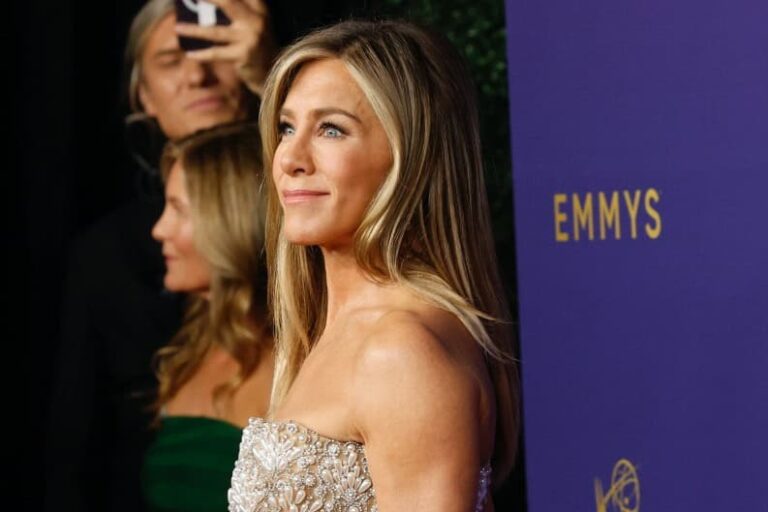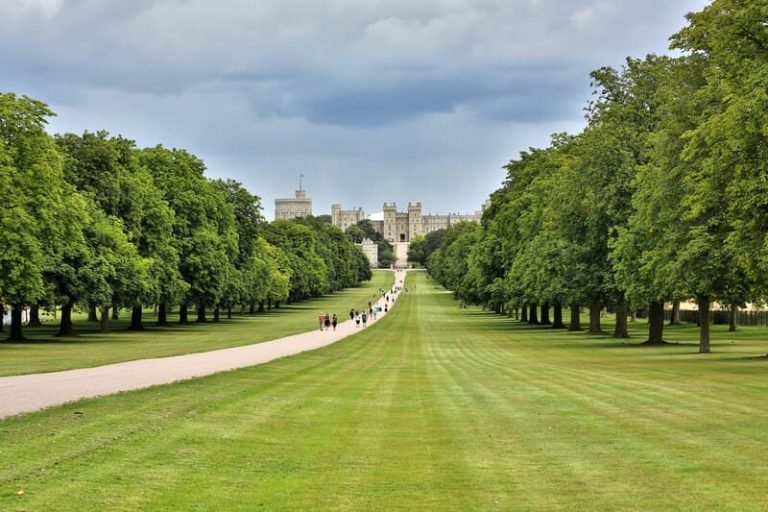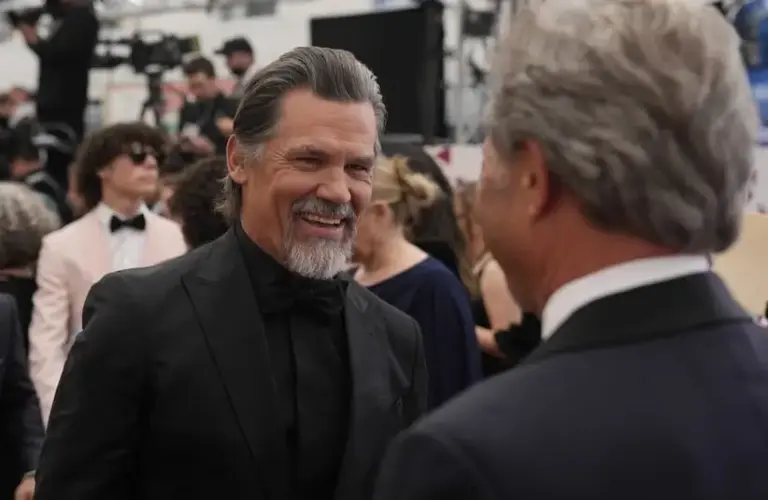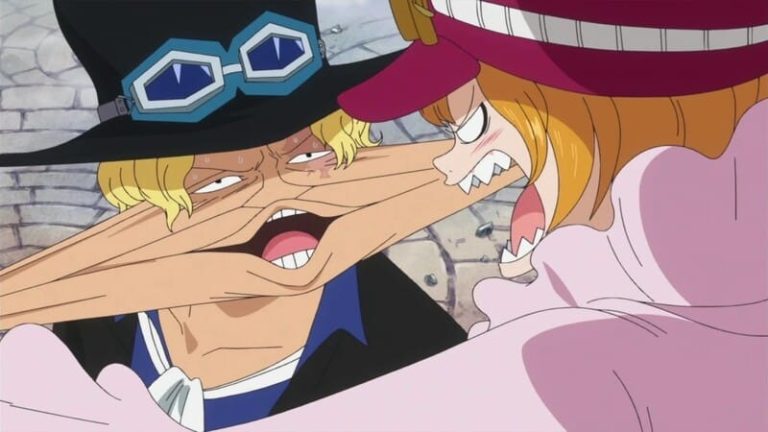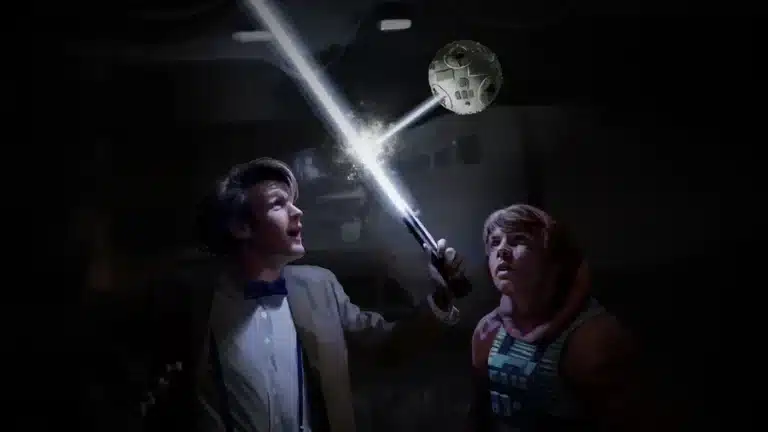J.K. Rowling Claps Back At Emma Watson; Labels The Actress As “Ignorant”
The complex public relationship between Harry Potter author J.K. Rowling and the stars of the film franchise has once again entered the spotlight. Following recent remarks by Emma Watson, who played Hermione Granger, about her ability to separate the art from the artist, Rowling issued a lengthy and direct statement. This exchange adds another chapter to the ongoing public discourse surrounding Rowling’s views on gender and the differing stances of the actors she helped make famous.
This article will provide a neutral overview of the recent J.K. Rowling Emma Watson comments response, focusing on what was said by both individuals and the context surrounding their statements.
Emma Watson’s Remarks on a Podcast
The latest exchange began with Emma Watson’s appearance on Jay Shetty’s podcast. In the interview, Watson discussed her feelings about J.K. Rowling in light of their divergent views on trans rights. Watson, along with her co-stars Daniel Radcliffe and Rupert Grint, has previously expressed public support for the trans community, a position that contrasts with Rowling’s well-documented stance on sex and gender.
During the podcast, Watson expressed a desire to hold onto her positive personal experiences with Rowling without it being negated by their current disagreements.
“I will never believe that one negates the other and that my experience of that person, I don’t get to keep and cherish,” Watson stated. She continued, “I just don’t think these things are either or. It’s my deepest wish that people who don’t agree with my opinion will love me, and I hope I can keep loving people who I don’t necessarily share the same opinion with.”
Watson’s comments were interpreted by many as an attempt to find a more neutral or reconciliatory tone, aiming to separate her personal history with the author from the ongoing public and political debate. However, these remarks also drew criticism from some who felt they were a privileged position to take, given the context of the larger conversation.
J.K. Rowling’s Detailed Response
J.K. Rowling, who has been an outspoken advocate for what she terms “sex-based rights,” responded to Watson’s comments in a detailed post on the social media platform X (formerly Twitter). Her statement was a direct and candid reaction, marking one of the first times she has publicly addressed the actors’ critiques of her views in such specific terms.
Rowling began by asserting that she does not expect “eternal agreement from any actor who once played a character I created.” She framed the idea as “ludicrous” and affirmed the right of Watson and her co-stars to hold their own beliefs on gender identity ideology.
However, she then shifted to what she perceives as the actors’ public critiques of her. “Emma and Dan [Radcliffe] in particular have both made it clear over the last few years that they think our former professional association gives them a particular right — nay, obligation — to critique me and my views in public,” Rowling wrote. She stated that she felt they have continued to “assume the role of de facto spokespeople for the world I created.”
Rowling then provided context for her past silence on the matter, explaining that she had “repeatedly declined invitations from journalists to comment on Emma specifically” out of a lingering sense of “protectiveness” for the actors she knew as children.
A Shift in Tone and Context
Rowling’s statement took a more critical turn as she contrasted her own life experiences with Watson’s. She wrote that Watson “has so little experience of real life she’s ignorant of how ignorant she is.” Rowling highlighted the differences in their backgrounds, noting, “I wasn’t a multimillionaire at fourteen. I lived in poverty while writing the book that made Emma famous.”
The author used this contrast to frame her own views on sex-based rights as being rooted in real-world concerns that she believes Watson, due to her fame and wealth, is insulated from. “She’ll never need a homeless shelter,” Rowling wrote. “She’s never going to be placed on a mixed sex public hospital ward… Her ‘public bathroom’ is single occupancy and comes with a security man standing guard outside the door.”
Rowling explained that her decision to be “this honest” was prompted by what she perceived as a “change of tack” in Watson’s most recent interview. She wrote, “had Emma not decided in her most recent interview to declare that she loves and treasures me… I might never have been this honest.”
The statement concluded with Rowling affirming her right to respond publicly. “Emma is rightly free to disagree with me and indeed to discuss her feelings about me in public — but I have the same right, and I’ve finally decided to exercise it.”
The Broader Context
This public exchange is the latest development in a years-long, highly polarized debate. Since 2020, J.K. Rowling has been a central figure in the conversation around trans rights and women’s rights, arguing for the importance of single-sex spaces and expressing concern over the impact of gender identity ideology on women and girls. Her stance has drawn both staunch support from those who share her views and intense criticism from trans rights advocates and allies, including many Harry Potter fans.
The main stars of the Harry Potter films—Daniel Radcliffe, Emma Watson, and Rupert Grint—have all issued statements at various times affirming their support for the transgender community. Their public alignment with trans rights has often been seen as a direct rebuke of the author who created the magical world that defined their careers.
This recent interaction between Rowling and Watson is significant because it moves beyond general statements of support or disagreement. It represents a direct, public dialogue between the two, with each explaining the personal and philosophical underpinnings of their respective positions.
Conclusion
The comments from Emma Watson and the subsequent response from J.K. Rowling highlight the deep and complex divisions that characterize this ongoing cultural conversation. Watson’s remarks on a podcast sought to create a space where personal affection could coexist with profound ideological disagreement. Rowling’s detailed response rejected this framing, choosing instead to directly address the critiques from the actors and articulate why she believes their perspectives are fundamentally different from her own.
What remains clear is that the author and the actors who brought her world to life stand on opposite sides of a deeply personal and political issue. This latest exchange has laid bare the fractured nature of their relationship, demonstrating that even the powerful bonds forged in the world of Harry Potter are not immune to the polarizing debates of the real one.


